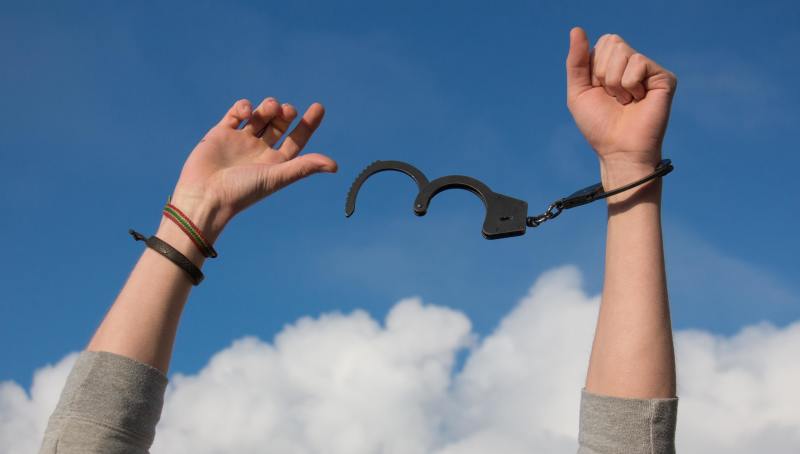
Under the dictatorship of Daniel Ortega in Nicaragua, a journalist named Victor Ticay was recently detained for reporting on an event that took place during Holy Week. At this time, his release is being demanded by various groups and organizations that fight for the freedom of the press and speech.
Reporting During Holy Week
On the morning of Apr. 6, the police in Nandaime, located in the southwestern region of Nicaragua, detained the reporter working for the local television station Channel 10. A report from the Catholic News Agency stated that he live-streamed a religious event on the Facebook page of La Portada, a local news site that he administers.
Following his arrest, the video was removed from the page. Ticay was taken into custody as a result of the decision made by the dictatorship to outlaw processions and other forms of religious activity that took place in public spaces.
In addition, a recent study claims that in 2023, more than 3,000 Holy Week processions were forbidden to place. He was sent to the "El Chipote" prison, where the dictatorship now holds numerous Catholics, including priests.
The Committee to Protect Journalists (CPJ), which has its headquarters in New York City, issued a statement on Friday, Apr. 7, calling for the immediate release of Ticay and an end to the practice of arresting members of the press for performing their professional duties.
Moreover, Catholic Masses reported that the head of programs of the Committee to Protect Journalists (CPJ), Carlos Martinez de la Serna, noted that it is imperative that the government quickly release journalist Victor Ticay and put an end to their persistent campaign of harassment and threats against the press to force them into remaining silent or fleeing the country.
He added that the Nicaraguan government's entire censorship, which includes religious activity, has once again shown its disregard for free expression. Accordingly, Nicaragua's Independent Journalists and Newscasters called the detention "arbitrary and illegal." The group demanded the journalist's "immediate release."
Also Read: Catholic Church Practices on Abstinence and Fasting During Holy Week
The Situation of Nicaragua Under the Dictatorship of Daniel Ortega
As per Wilson Things, throughout the years, members of the Church in Nicaragua, especially priests and bishops, have been vocal in support of the country's less fortunate citizens. When Ortega first seized power in the 1980s, several priests supported his ascent to power, breaking with the official attitude of the Vatican.
However, in recent years, as the Ortega government has accumulated and consolidated more and more power and used it to stifle political dissent and crack down on human rights and civil freedoms, the Church has consistently spoken out against Ortega's repressive policies.
Furthermore, things came to a head at the beginning of 2018, when Ortega used excessive force in response to mostly peaceful demonstrations by students and other people. There were over 350 people slain during the protests. Several Catholic bishops tried to shield the demonstrators by extending an invitation to refuge in their respective churches. Other church officials tried to mediate the dispute, which Ortega saw as a direct danger to his leadership and power.
Accordingly, several church leaders attempted to act as mediators on the issue. As a form of retaliation, churches were vandalized, and their priests were beaten, resulting in injuries. Since then, the Ortega dictatorship has allegedly been responsible for nearly 400 attacks against the Catholic Church and its followers.
These incidents, which include vandalizing church structures, assaults, and arrests, have taken place across Nicaragua. Even Mother Theresa's Missionaries of Charity were kicked out of the country, and Archbishop Waldemar Sommertag, the Vatican's ambassador in Nicaragua, was labeled a persona non grata by the dictatorship.
This year, Ortega has merely brought even more stringent actions. He issued an order that 222 political prisoners would be deported, and at the same time, he revoked their citizenship. Also, after the church leader Bishop Rolando Alvarez disobeyed Ortega's order to deport him, an enraged Ortega had the Bishop charged with treason and sentenced to 26 years in jail for his refusal to comply with the deportation order.
Related Article: Nicaraguan Government Bans Traditions for Holy Week


















